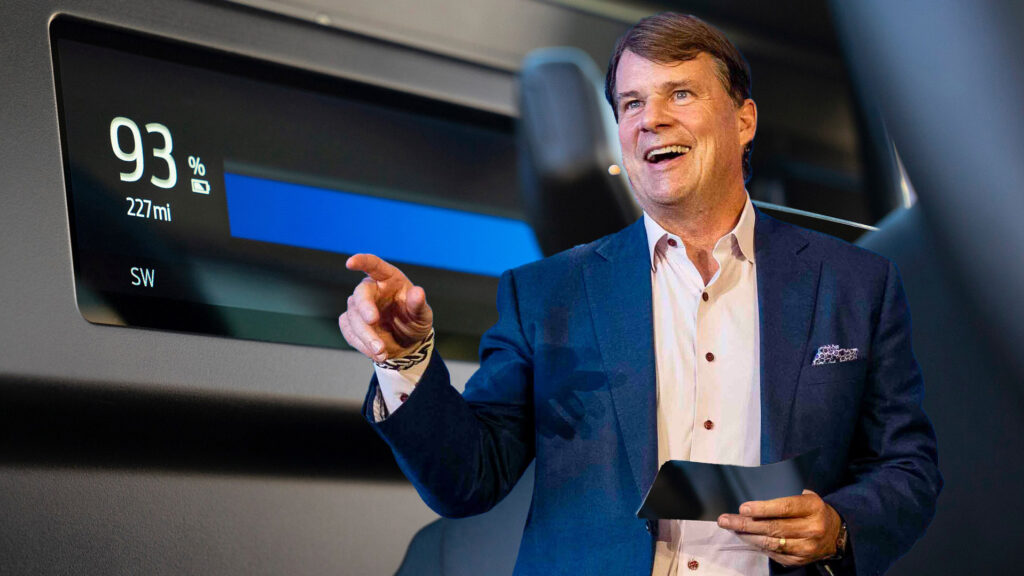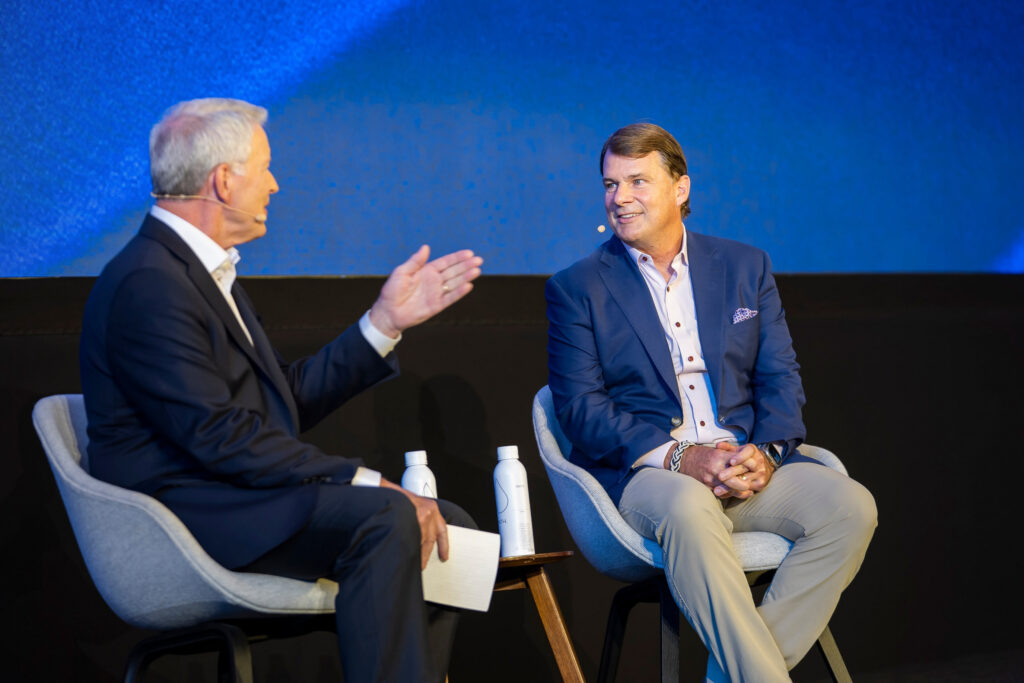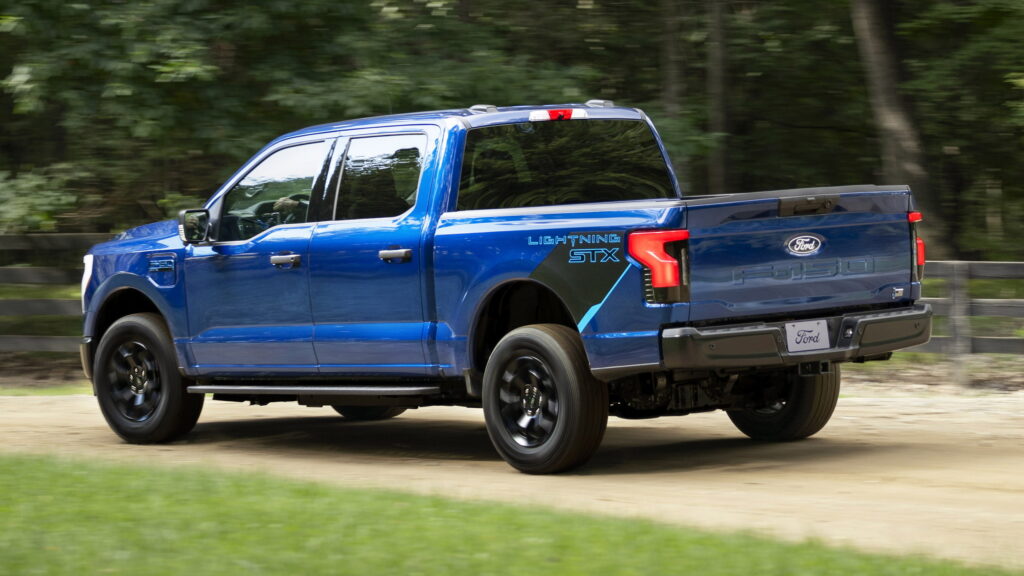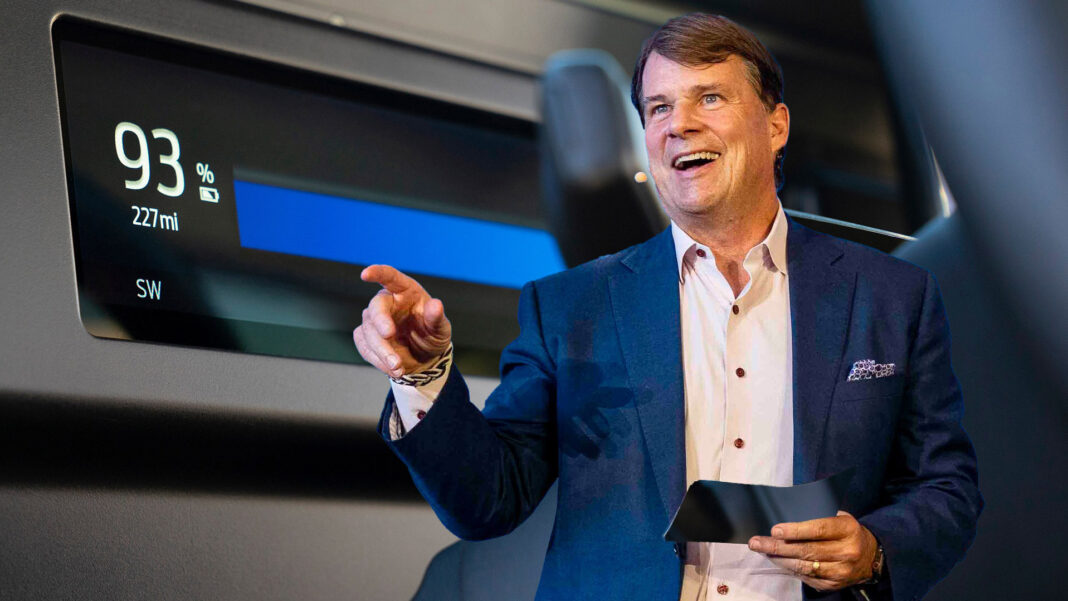Due to changes government policies, Ford now has to decide how to make use of excess EV capacity and its battery factories
14 minutes ago

- Jim Farley says the EV market will be smaller than previously expected.
- EVs currently account for between 10to 12 percent of the US car market.
- Ford says its EV team is frequently analyzing the demand for electrified cars.
The end of the federal EV tax credit has left the industry on edge, and Ford’s top executive is warning of serious consequences. Without the $7,500 incentive, Jim Farley believes demand for electric vehicles in the United States could collapse, with sales potentially dropping by half. It’s a sobering reminder of how much the credit has shaped America’s shift toward electrification.
Read: Jim Farley – “If We Lose This, We Do Not Have A Future Ford”
Speaking at the automaker’s “Ford Pro Accelerate” event in Detroit, Farley said EVs might soon represent only 5 percent of the overall US car market, a level last seen in 2022 and well below the record 10 to 12 percent share expected this month. That projection paints a far more modest future for electric adoption than many in the industry had anticipated.
A Shrinking Market?
“I think it’s going to be a vibrant industry, but it’s going to be smaller, way smaller than we thought, especially with the policy change in the tailpipe emissions, plus the $7,500 consumer incentive going away,” Farley said. “We’re going to find out in a month. I wouldn’t be surprised that the EV sales in the U.S. go down to 5%.”
According to Farley, Ford’s Model e team is continually analyzing the demand for electrified vehicles. The car manufacturer will also have to change plans and decide how it should make use of excess EV capacity and its battery factories.

Adjusting To New Rules
“We’ll fill them, but it will be more stress, because we had a four-year predictable policy,” Farley noted. “Now the policy changed. … We all have to make adjustments, and it’s going to be good for the country, I believe, but it will be one more stress.”
During the same event, Farley also acknowledged that Ford’s customers are not interested in an expensive electric car. As such, the carmaker will need to make cheaper EVs, but now that the tax credit is gone, doing so will be much more difficult than before.
“Customers are not interested in the $75,000 electric vehicle,” the Ford CEO said. “They find them interesting. They’re fast, they’re efficient, you don’t go to the gas station, but they’re expensive.”


